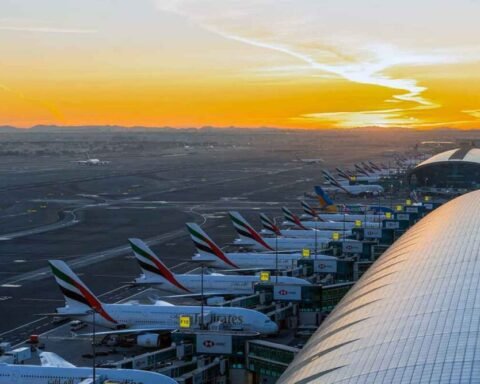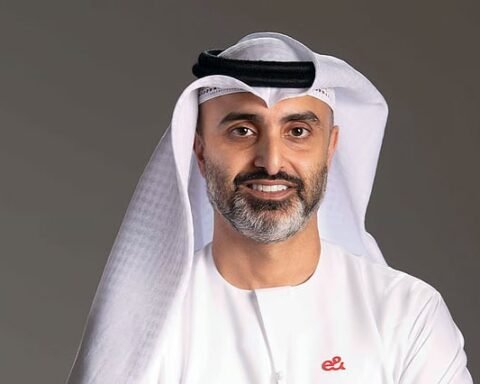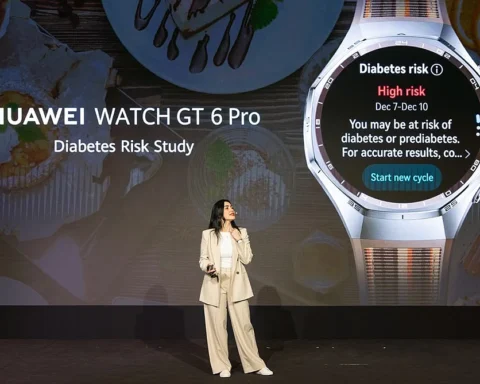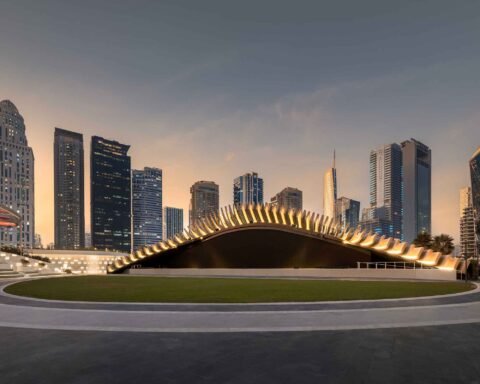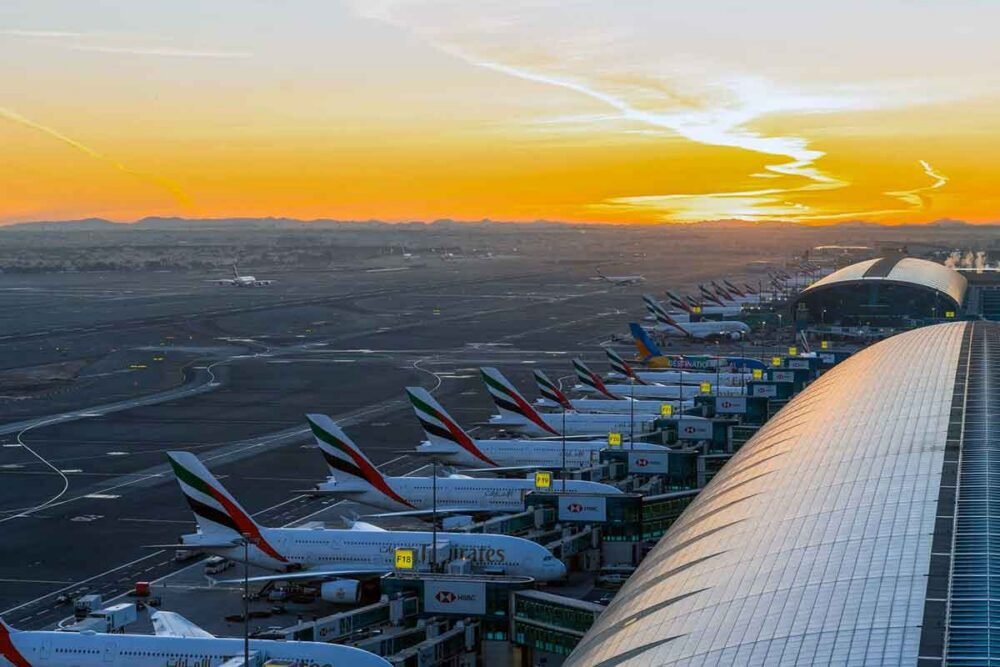
A Decade Since Deregulation: How UAE’s 2015 Fuel Price Reform Sparked a 24% Hike and Reshaped Driving Culture
From sticker shock to strategic adaptation — tracing the lasting impact of the UAE’s decision to align fuel prices with global markets ten years on
by Allen Cot
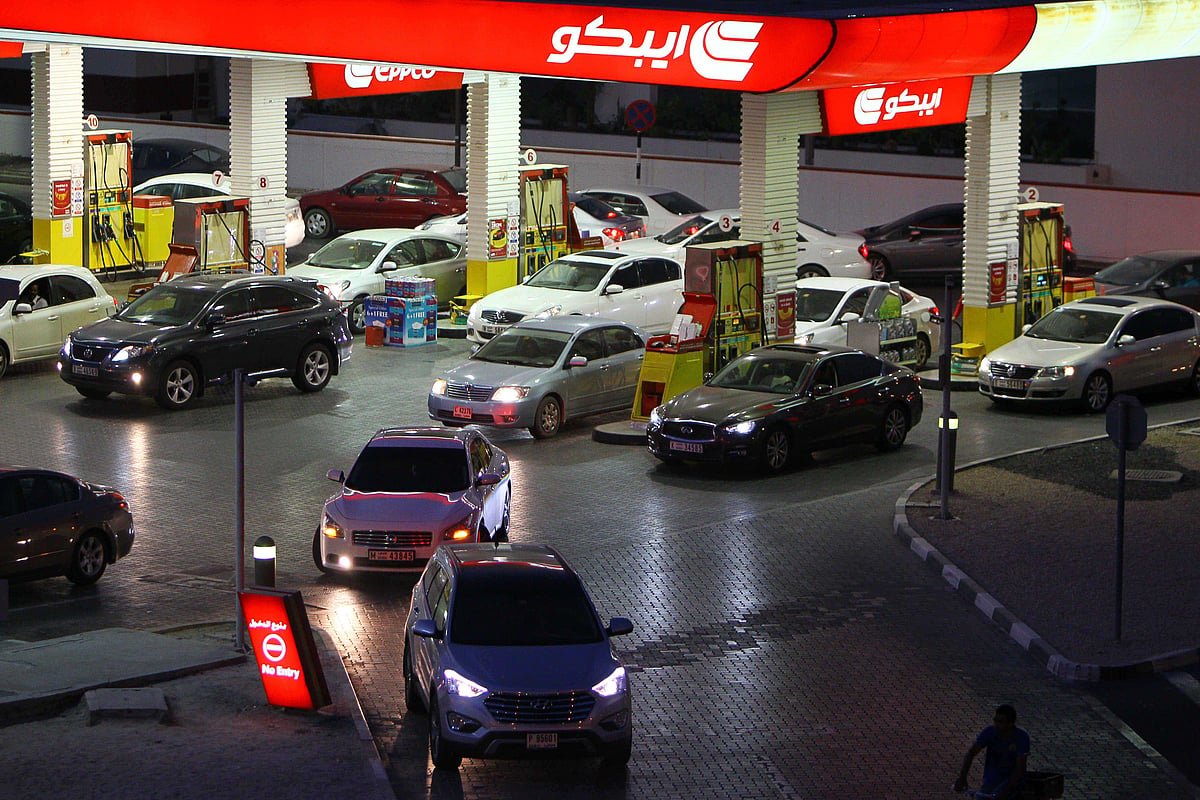
Dubai, UAE – August 1, 2025:
Ten years ago today, UAE motorists experienced a seismic shift in their daily commute when the government officially ended fuel subsidies. On August 1, 2015, petrol prices spiked by 24%, aligning with international rates for the first time—a bold step that marked the beginning of a free-market approach to fuel pricing in the Emira
The Ministry of Energy had made the announcement three days earlier, on July 28. Special 95 petrol, the most commonly used grade, jumped from Dh1.72 to Dh2.14 per litre—an increase of 42 fils. The reaction was swift and emotional. Long queues formed at petrol stations across Dubai and Sharjah as residents rushed to top up before the hike took effect.

Motorists expressed mixed feelings. Some saw the change as fair and economically sound. “The price is based on the fair market. I don’t see any problem with this at all,” a Dubai resident told Khaleej Times. Others, however, voiced concern over the lack of information and the financial strain the sudden rise would cause, especially for drivers of fuel-hungry SUVs. “This petrol price hike is going to be a big problem for me. That extra cost adds up each time,” one commuter noted.
Azhar Zia ur-Rehman, a longtime UAE resident, called for a rational outlook. “Let us look at it logically instead of emotionally,” he urged. “The two major expenses for a family here are accommodation and education. If the government can bring these down, no one will mind paying the increased price for petrol.”

Interestingly, while petrol prices rose, diesel costs dropped significantly—from Dh2.90 to Dh2.05 per litre. The move was welcomed by traders and logistics providers, softening the blow for some sectors of the economy.
Beyond the economics, the deregulation encouraged behavioural change. Thomas Edelmann, founder of RoadSafetyUAE, said the reform should be seen as an opportunity. “Higher fuel prices usually lead to more economical driving, carpooling, fewer unnecessary trips, and increased use of public transportation,” he said. “Fewer cars on the road mean less congestion, reduced stress, and improved road safety.”

In the decade since deregulation, UAE fuel prices have been adjusted monthly in accordance with global oil rates. For August 2025, Super 98 is priced at Dh2.69 per litre, Special 95 at Dh2.57, and diesel at Dh2.78—a significant reduction from the Dh2.90 rate diesel carried under the old subsidised regime.
What began as a controversial policy shift has, over the years, become part of the norm. As fuel prices fluctuate in line with global markets, many residents have adapted—trading in large SUVs for more efficient cars, embracing public transport, and becoming more conscious of fuel consumption. The deregulation has not only shaped economic policy but also subtly transformed the UAE’s commuting culture.
Post Views: 1,098



